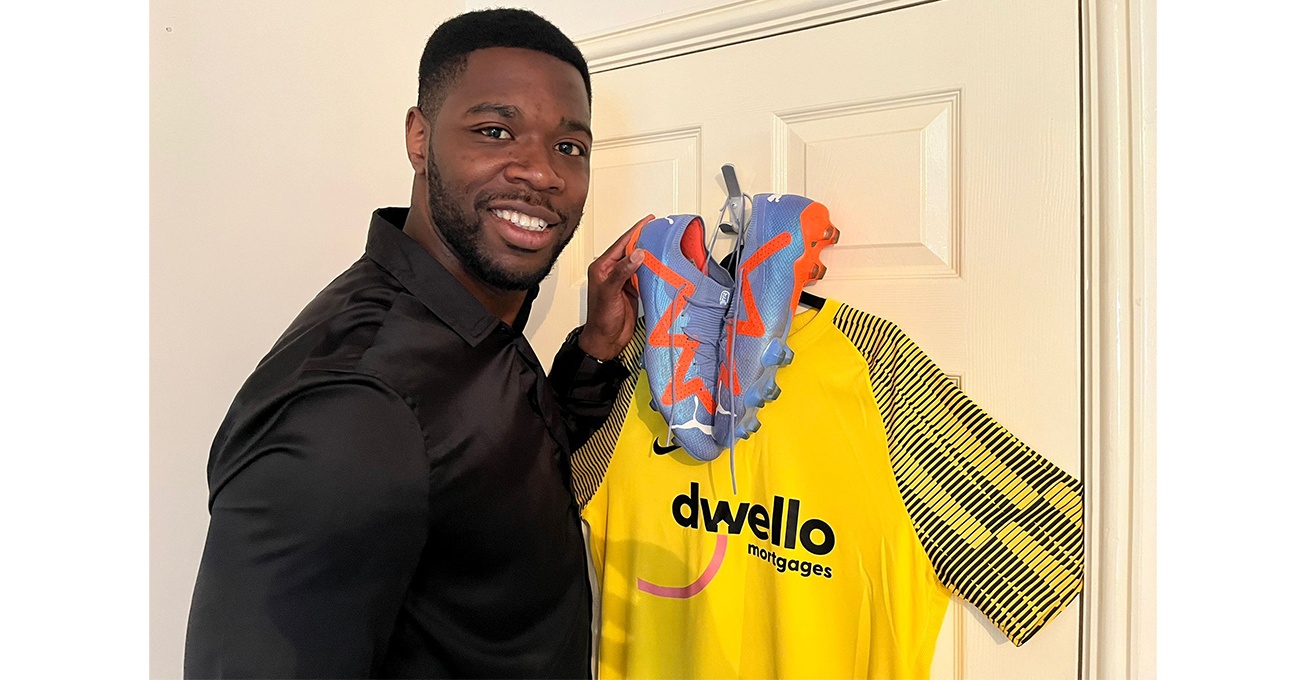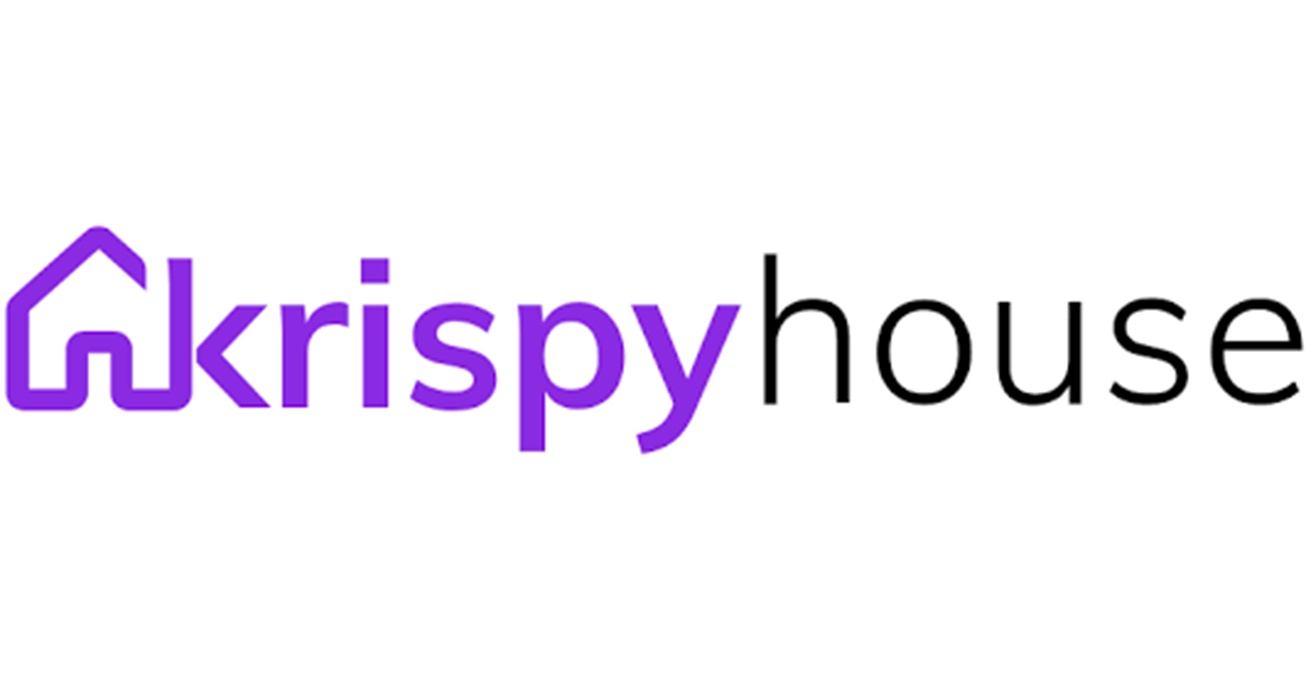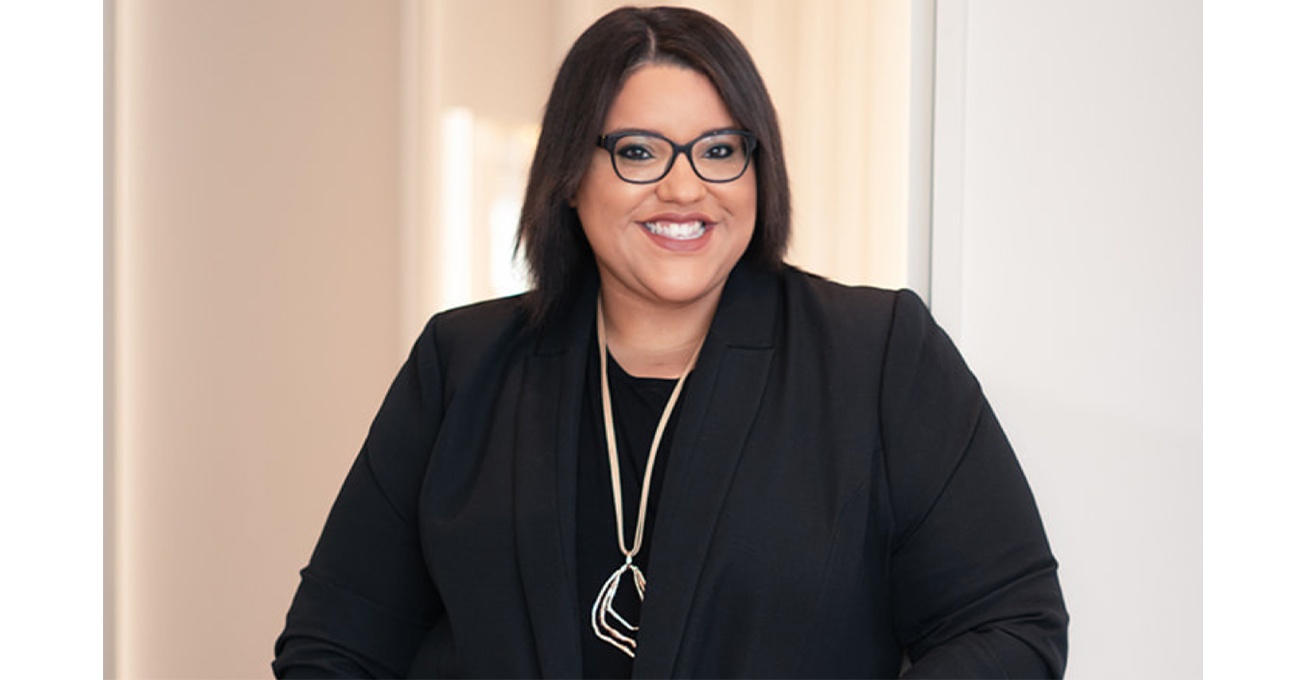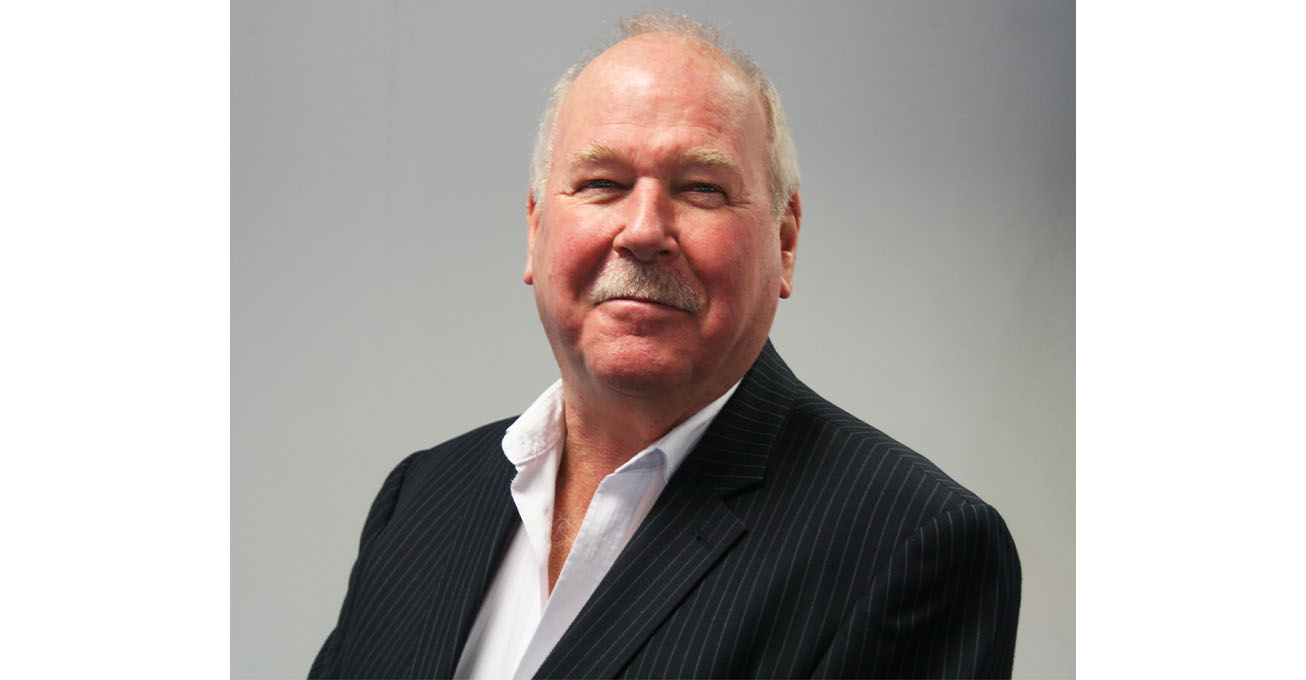By James Sène.
At school, we are taught about photosynthesis and Henry VIII’s six wives; we have to learn algebra and know when to use an intransitive verb, but we are taught nothing about money or how to manage it. Every person will need to manage a budget in their lives. All of us have to work out how best to manage the money we earn. Why then are we expected to just know how to do this? It is fundamental. It is central to our lives.
We need access to information related to money and finance, so that we can empower ourselves to make the best possible decisions. This is basic, but most of the information that is available to us, isn’t. It’s written by people who already have strategies for managing their money, using language that is not accessible to everyone.
Post-Covid, with the state economies in decline, money will be a far more distressing issue for many. The COVID-19 pandemic is estimated to push an additional 150 million into poverty by 2021, according to the World Bank.
As banks and financial institutions, our objective should be to give financial freedom to people with faster access to cash and educating them about what they are buying, for how long and for how much. To make them understand what money is. After all, money is a ticket to freedom. It offers access to knowledge and privilege.
Unfortunately, a large proportion of our population lacks the basic financial knowledge to help them manage their own money. In the UK, a recent survey of 2,000 UK adults by investment app Freetrade found that nearly half of them lacked basic financial literacy and couldn’t answer simple questions about personal finance. In addition, 88% of adults didn’t feel confident in their own financial literacy with more women (91%) acknowledging their lack of confidence. Meanwhile, according to Standard and Poor, in Italy only 37 percent and in Spain, only 49 per cent have financial literacy.
Knowledge can be gained at any age. Warren Buffett bought his first stock when he was only11 years old. Ray Dalio, head of the world’s largest hedge fund, Bridgewater Associates, bought his first stock at the age of 12. We can start young and take control of our personal finance, understand what using a credit card really means, and how to avoid debt.
I believe banks and fintech services have a key role to play in teaching about money, personal finance and sustainable investments.
At 11Onze, we launched a Learning Management System (LMS) called “La Placa” – a veritable treasure trove of short, targeted videos on finance, economy and well-being. The language is simple and is accessible. We have used animation to make it interesting and interactive. Our 11Onze TV is like a Netflix on banking and finance. It offers a masterclass – a collection of over 200 insightful bits of information and intelligence on a range of topics from “5 tips on how to invest in stocks”, “how to improve savings in your household budget”, “how to reduce stress”, to “how to achieve mindfulness”. It has been very popular with users who can “like” comment or share the information.
Moreover, accessing and interacting for information is rewarding. We have created a virtual currency, the “peles”, that everyone who participates inside the La Place can accumulate in their virtual wallet. You can accumulate peles by commenting, content sharing, taking courses. In short, striving for self-empowerment is rewarding, and so is helping others by commenting, sharing and posting. And what is best, peles can be redeemed for exclusive products and services!
No doubt, financial literacy will help secure financial wellbeing. Millennials, apparently, have distinct preferences for how banking services should be delivered. In a recent survey, two-thirds (67%) of them said that the traditional and digital banking experience they receive at their current bank is only somewhat or not at all seamless, and nearly half (47%) said they would like their bank to provide tools and services to help them create and monitor their budget. Nearly half (48%) also said they would like their banks to offer video chat on their website or mobile/tablet application, compared to only 30% over 55.
Financially literate people make financially strong communities.
An informed customer base with close interactions will be able to build strong communities that can invest in projects for a sustainable future.
We are developing a fintech community which is innovative because the money generated by the community ends up reinvesting in it. This benefits everyone and creates meaningful bonds. We are used to accepting that the gains are for the privileged few, and the losses are socialized. However, it need not be so.
It’s the lack of financial literacy which is widening the gap between the haves and have-nots in our world. To address this, last year, the Financial Times announced the Financial Literacy and Inclusion Campaign to deliver clear and compelling content on basic financial subjects, and work with partners, including schools, to make sure the information reaches people who need it most in the UK and around the world. Coinbase has also launched learning management system.
Banks, financial institutions and financial newspapers should take up the mantle to create a financially literate society that can understand and negotiate the financial landscape, manage financial risks effectively, and avoid financial pitfalls. Nations globally, from Korea to Australia to Germany, are faced with populations that do not understand financial basics.
By teaching money management and investment alongside photosynthesis and Henry VIII’s six wives, we can empower people to secure a healthy financial future.







